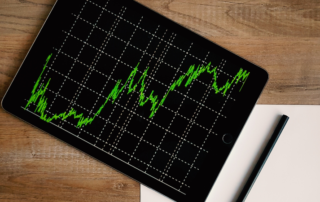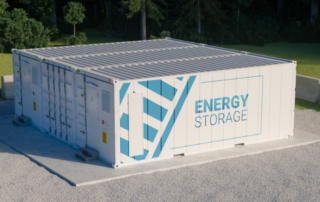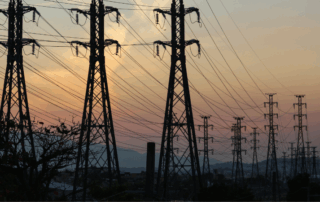Electricity Costs Are Spiking: Here’s How Large Energy Consumers Are Responding
Electricity prices are rising faster than many large energy consumers have ever experienced, driven by structural changes in power and capacity markets. For organizations with significant electricity spend, the challenge is no longer just securing a competitive rate, but managing long-term price risk and budget uncertainty. This guide explains how large energy buyers are responding with structured hedging strategies to control costs, reduce price exposure, and stabilize energy budgets.
Battery Energy Storage Systems (BESS): Smarter Commercial Energy Management
Battery Energy Storage Systems (BESS) are rapidly becoming a cornerstone of smarter commercial energy management as businesses face rising electricity costs, demand charges, and grid volatility. From peak shaving and backup power to demand response and wholesale market participation, BESS allows commercial and industrial facilities to actively control energy costs while improving resilience and flexibility.
Commercial Energy Storage Systems
Commercial energy storage systems are becoming a game changer, offering new possibilities for efficiency and sustainability. This article delves into the cutting-edge advancements in commercial energy storage, examining how they are revolutionizing the way businesses store and manage power.
Con Edison NY Rising Energy Costs
Con Edison is proposing significant rate hikes for 2026, with electric bills expected to rise by 11.3% and gas by 13.4% across New York City and Westchester. These increases highlight the urgent need for businesses to plan energy procurement strategies for the years ahead.
Business Gas & Electricity Comparison
As energy prices continue to rise globally, understanding and managing your energy procurement strategy is more important than ever. Whether you are a large electricity user, natural gas user, or both, this article will help you understand what drives both costs, how to shop for lower-cost energy, and the best ways to develop an effective energy strategy for your business.
Impact Of Electric Vehicles (EVs) On The Grid
Electric vehicles (EVs) are quickly becoming a cornerstone of consumer transportation in the U.S., with their adoption profoundly reshaping how our electrical grid operates. This article explores how the rise in EV charging demand impacts the electricity market and what consumers can do to mitigate rising costs.





